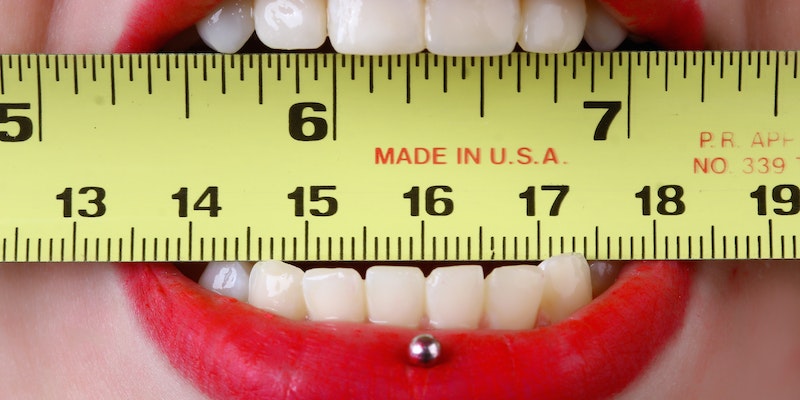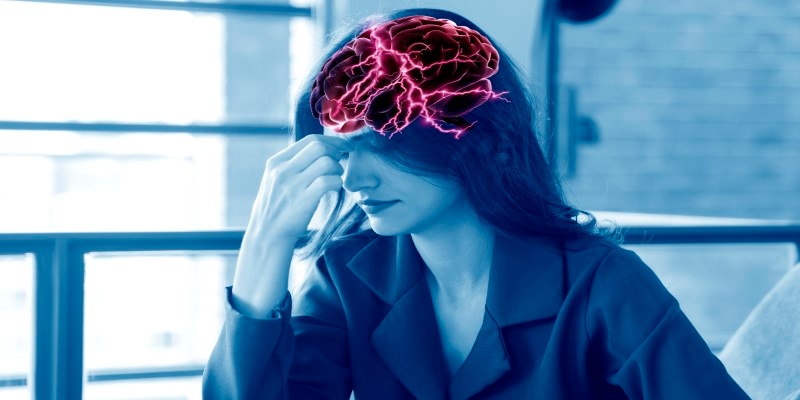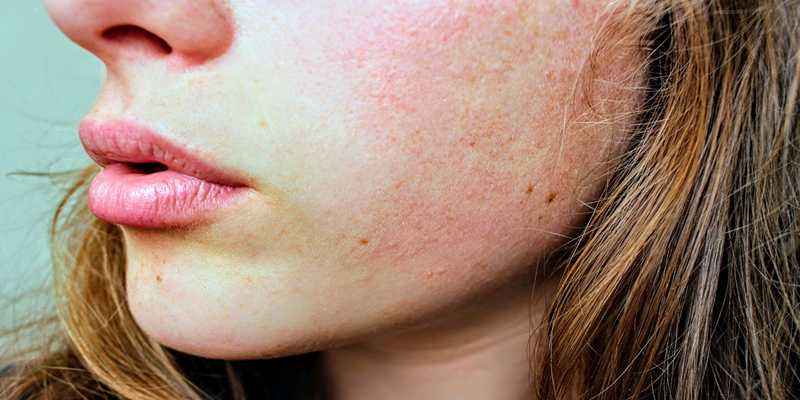Understanding the 11 Different Types of Depression: What You Need to Know
Nov 02, 2023 By Madison Evans
Depression is a serious mental health condition that affects millions of people all over the world - but most don't realize how many different types it can take. Most assume there's only one kind of depression, but in actuality, there are 11 distinct varieties - each with their own causes and symptoms. To truly understand depression and its effects on an individual's life, it's important to have a general understanding of all types of this debilitating disorder.
Types of Depression - Overview:
Depression is a complex mental health condition that affects millions of people worldwide. Although depression can manifest in various ways, there are several distinct types of depression. These include;
- Major Depressive Disorder
- Persistent Depressive Disorder (Dysthymia)
- Bipolar Disorder
- Postpartum Depression
- Seasonal Affective Disorder (SAD)
- Premenstrual Dysphoric Disorder (PMDD)
- Psychotic Depression
- Atypical Depression
- Situational Depression
- Adjustment Disorder with Depressed Mood
- Anxious Distress Depression
Each type of depression has its unique symptoms, causes, and treatments.
Major Depressive Disorder:
Major Depressive Disorder is a serious mental illness that affects millions of people around the world. It is a feeling of sadness, hopelessness, and emptiness that can last for weeks, months, or even years. People with Major Depressive Disorder often have trouble functioning in their daily lives, struggling to perform even the most basic tasks.
Persistent Depressive Disorder (Dysthymia):

Persistent Depressive Disorder, also known as Dysthymia, is a form of depression that lasts for at least two years. Unlike major depression, which has a distinct onset and can feel overwhelming, Dysthymia may be less severe but can persist for much longer. Individuals experiencing this disorder may still be able to function in their daily lives, but feelings of sadness, hopelessness, and low self-esteem can be persistent and may interfere with their ability to enjoy life.
Bipolar Disorder:
Bipolar Disorder is a mental health condition characterized by intense mood swings that go beyond the usual ups and downs of daily life. People with bipolar disorder experience extreme shifts in mood, energy, and activity levels, which can affect their ability to function in day-to-day activities. Some may experience periods of elevated or irritable moods, while others may feel hopeless and sad.
Postpartum Depression:
Becoming a new parent is an exciting and joyful experience, but it can also come with its own set of challenges. One of those challenges can be postpartum depression. This type of depression can affect new mothers after giving birth and can cause feelings of sadness, despair, and hopelessness.
Seasonal Affective Disorder (SAD):
Seasonal Affective Disorder, also known as SAD, is a type of depression that affects people during certain times of the year. It is most commonly seen during the winter months when there are fewer hours of sunlight and lower temperatures. People with SAD may experience feelings of hopelessness, sadness, fatigue, and mood disturbances.
Premenstrual Dysphoric Disorder (PMDD):
Premenstrual Dysphoric Disorder, also known as PMDD, is a type of depression that affects women in the days leading up to their period. It is characterized by feelings of irritability, sadness, anxiety, fatigue, and difficulty concentrating. Treatment for PMDD may include lifestyle changes such as diet and exercise modifications or medication.
Psychotic Depression:
Psychotic depression is a type of depression that involves symptoms of both major depressive disorder and psychosis, which is characterized by a disconnect from reality. People with psychotic depression may experience symptoms such as delusions or hallucinations in addition to the typical signs of depression like low mood, feelings of hopelessness, and changes in sleeping patterns.
Atypical Depression:

Atypical depression is a type of depression that is characterized by an unusually strong reaction to positive events, sudden weight gain or loss, and sleeping too much. Unlike other forms of depression, people with atypical depression may experience temporary periods of improved mood in certain situations.
Situational Depression:
Situational depression is a type of depression that occurs in response to a particular event or situation. It is usually less severe than major depression, but it can last for months if not addressed. Common triggers of situational depression include loss of a job, death in the family, and divorce.
Adjustment Disorder with Depressed Mood:
Adjustment disorder with depressed mood is a type of depression that occurs in response to an identifiable life event or stressor. It is usually less severe than major depression, but it can last for months if not addressed.
Anxious Distress Depression:
Anxious distress depression is a type of depression that is characterized by intense feelings of anxiety and restlessness. These symptoms can interfere with an individual's ability to enjoy daily activities, and they often co-occur with other types of depression such as seasonal affective disorder or major depressive disorder.
Conclusion:
Depression is a serious mental condition that can have remarkable effects on the lives of those who suffer from it. The cause is not singular or simple- it can be the result of many imbalances in life that can manifest into physical and emotional distress if left untreated. There are multiple kinds of depression with varying degrees of seriousness from Major Depressive Disorder, Persistent Depressive Disorder (Dysthymia), Bipolar Disorder, and Postpartum Depression.

Meditative Healing: 11 Techniques to Alleviate Depression

Overcoming Fatigue: Top Ten Natural Strategies to Boost Your Energy

Teeth whitening tips and tricks are all over the internet, and in this article, we have compiled the best ones for you.

From Migraine to Stroke: What’s the Connection

How To Begin Your Race Walking Journey

Dealing with Dry Skin in Winter: A Comprehensive Guide to Seasonal Skin Care

Find out if drinking pineapple juice before your wisdom tooth surgery helps with the pain or if it is just a myth made by old people.


